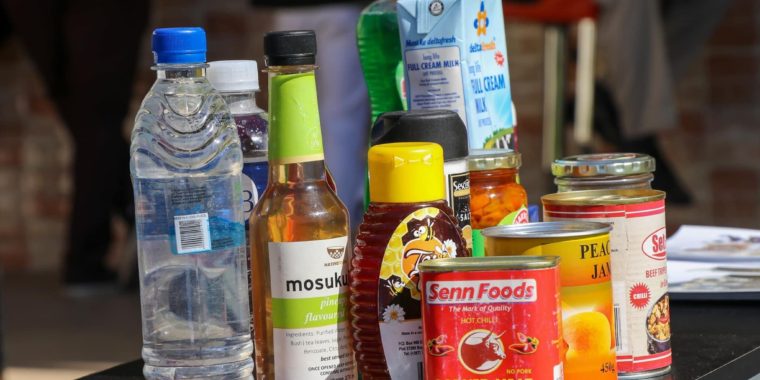12 months into the Covid-19 pandemic, which has proved to be the worst health and economic crisis of the last 100 years, we look on and try and find the lessons and silver linings from the past 12 months. As Botswana, we have had to grapple with a lot of issues about the state of our country and economy. Covid-19 brought some critical issues to the fore such Citizen Economic Empowerment and participation in the economy, our over-reliance on South African imports when it comes to self-sustenance. Couple these issues with the disruption being caused by technology as we enter the Fourth Industrial Revolution (4IR) and the increasingly challenged fiscal position in the country and 2020 proved to be a perfect storm that created the biggest explosion of uncertainty we have ever witnessed but also provided for excellent opportunities to re-think ourselves and emerge stronger like the phoenix.
On a personal level, the issue that struck a chord with me is the latent potential of the manufacturing industry in Botswana. With the country currently importing goods valued at approximately P70 billion annually, most of which are low complexity manufactured products, the opportunity for import substitution is massive. With the correct policy tools in place, a promising financing and capacitation ecosystem in place and a drive towards citizen empowerment, Botswana has just the right mix of ingredients for a budding entrepreneur like myself to take advantage. I had always been interested in the manufacturing of plastic home consumer goods i.e., plastic chairs, spoons, forks, plates etc. I considered all of the takeaway foods eaten every day in Botswana and saw a huge market waiting to be plugged and filled.
My first step in drawing a business plan that could even be considered for funding, was to quantify the market. How much do we really consume? Which products are consumed the most and geographically in the country, where are they being consumed? As most people wanting to do any research in Botswana have realized, data isn’t just a google search away. Out of pure luck earlier this year, as different state-owned enterprises were also considering their roles in the new Botswana, I fell upon a flyer on Twitter from the Botswana Investment and Trade Centre (BITC) titled “BITC Mapping Investment Opportunities for Batswana: Leveraging the Import Bill”. Upon greater investigation I was alerted to the fact that BITC, assists local business people in trying to start businesses that could take advantage of the high import bill as previously mentioned.
This prompted me to visit the BITC office in the CBD in Gaborone where the enquiries desk directed me to the Business Intelligence Unit. They assisted me with the amounts consumed in Botswana of the different product groupings I was looking for, in addition to this they also furnished me with data from global trade so that in future the business could potentially look at exporting even if it is within the region. We all know Botswana provides an excellent market to start one’s business but to grow into a sizeable business would need one to consider exporting especially now considering the opening markets of the Africa Continental Free Trade Agreement (AfCFTA).
Whilst there, I was alerted of the other services that the BITC can provide for a local business. I had always thought these were solely geared for international investors and was surprised to realize that they were also open to local entrepreneurs. I was informed that the BITC not only provides market intelligence and data to local investors, but also facilitates a few other processes if we required. Below is a quick (probably not exhaustive) summary of what I caught while there:
- Once you’ve built your business plan, secured funding for the project and require land for the project, the BITC can advise and assist with Ministry of Lands and Housing for allocation of land or at least to show you what is available in the market for purchase.
- When you have purchased the machinery, the BITC can facilitate for permits to get an international trainer to come and assist with setting up, training and capacitation of your staff.
- If required, the BITC can also facilitate with access to market in Botswana and internationally. What does that mean? I would need to be able to sell my plastic utensils locally, the BITC would be able to facilitate with uptake of my product through the ongoing PushaBW campaign.
Whilst most of us as entrepreneurs focus purely on funding and the related institutions, I was glad to see that in the time of great uncertainty that came because of Covid-19, the harsh realities it pressed upon us also forced us all to introspect: as individuals, business people, state-owned enterprises, Government and Botswana as a whole. The challenges have forced us to evolve as an ecosystem and it was pleasing to see BITC rise to the challenge. As I go on my journey I will surely swing back to them to take advantage of the other services they offer.
For now, let me finish off that business plan.


